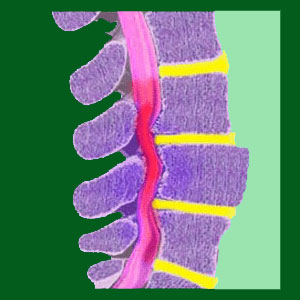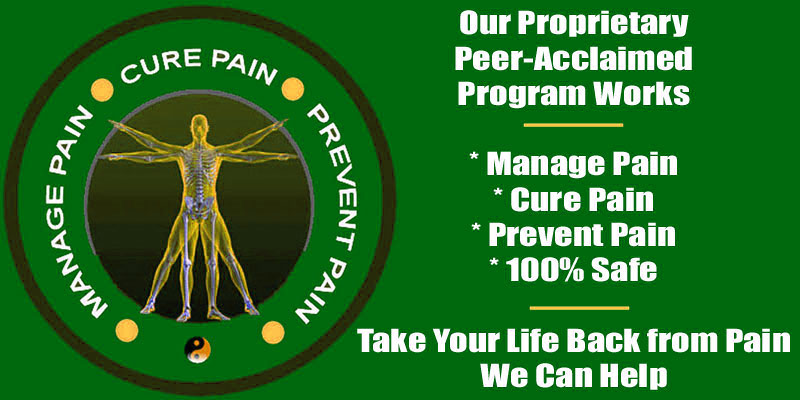
Do you need to get a second opinion on spondylolisthesis? When it comes to diagnosis, the condition is usually accurately evaluated. However, when it comes to treatment recommendations, opinions range greatly from care provider to care provider, so it is wise to consult with more than one doctor.
Spondylolisthesis is a condition that suffers from far-ranging subjectivity when it comes to how it should be managed or corrected. Some care providers are more conservative in their approach, while others are much more aggressive and even reckless, often rushing patients into surgery that is not necessary. Therefore, patients are strongly cautioned to thoroughly investigate their treatment options before beginning any type of therapy.
This essay details the reasons why listhesis patients should always seek out a second diagnostic opinion. Statistics have shown that seeking more than one medical opinion is one of the best techniques a patient can employ when seeking to cure back or neck pain associated with virtually any spinal structural diagnosis, including spondylolisthesis.
Second Opinion on Spondylolisthesis Diagnosis
Diagnosis of spondylolisthesis can be easily made and the degree of vertebra slippage measured very accurately with virtually any type of clear medical imaging study. It is virtually unheard of for listhesis to be misdiagnosed in terms of existing or not. It is not unheard of for small errors to be committed in terms of the severity of the slippage, but major errors are indeed very uncommon.
Therefore, patients typically do not need to seek out a second opinion to confirm or rule out the diagnosis of spondylolisthesis, unless they have reason to suspect that the doctor who is treating them might be exaggerating or fabricating evidence supporting diagnosis of the condition.
Second Opinion Before Treatment
When it comes to treatment recommendations, opinions range greatly. What is objectively best for the patient is not always prioritized in favor of what is best for the financial interests of the care provider. In a few cases, patients who are truly indicated for treatment do not receive it. However, much more common is treatment that is not truly needed, but provided regardless. This is particularly true when it comes to the implementation of spinal fusion surgery in cases of low grade and most likely asymptomatic spondylolisthesis.
Patients should be warned that just because a doctor does not recommend surgery, then they will not require a second opinion. This is wrong. Many patients are put into unnecessary ongoing programs of conservative care, such as massage, chiropractic, physical therapy and other practices over very long timelines. In reality, many of these treatments are not necessary by any objective method of evaluation, but also provide no real benefit for the patient’s condition. The only reward granted goes towards the care provider’s income…
Second Opinion on Spondylolisthesis Recommendations
Treatment for spondylolisthesis can be an ongoing conservative or invasive process. Once in treatment, the patient will be committed to the therapy, whatever it may be. Meanwhile, seeking a second opinion is quick and easy. It merely involves getting a new examination and opinion about the best course of action.
If both doctors agree without knowing of each other’s opinion, then the patient can move forward into treatment with greater confidence and improved chance for therapeutic success. If there is a discrepancy of opinion, the patient should be wary to proceed with caution, since they might not need drastic treatment or any treatment at all in some cases. They should now make absolutely sure on the best treatment path before starting down it…
Some patients complain that second opinions are not covered by their health insurance or that they must wait a long time to see a new doctor under social medical plans. In these cases, the patients is best off paying out of pocket for an immediate second opinion, since in the long run, it will save them more than just money… It will possibly save them from suffering further pain, reduced functionality, possible disability and might even save their very lives.
Spondylolisthesis > Spondylolisthesis Diagnosis > Second Opinion on Spondylolisthesis



